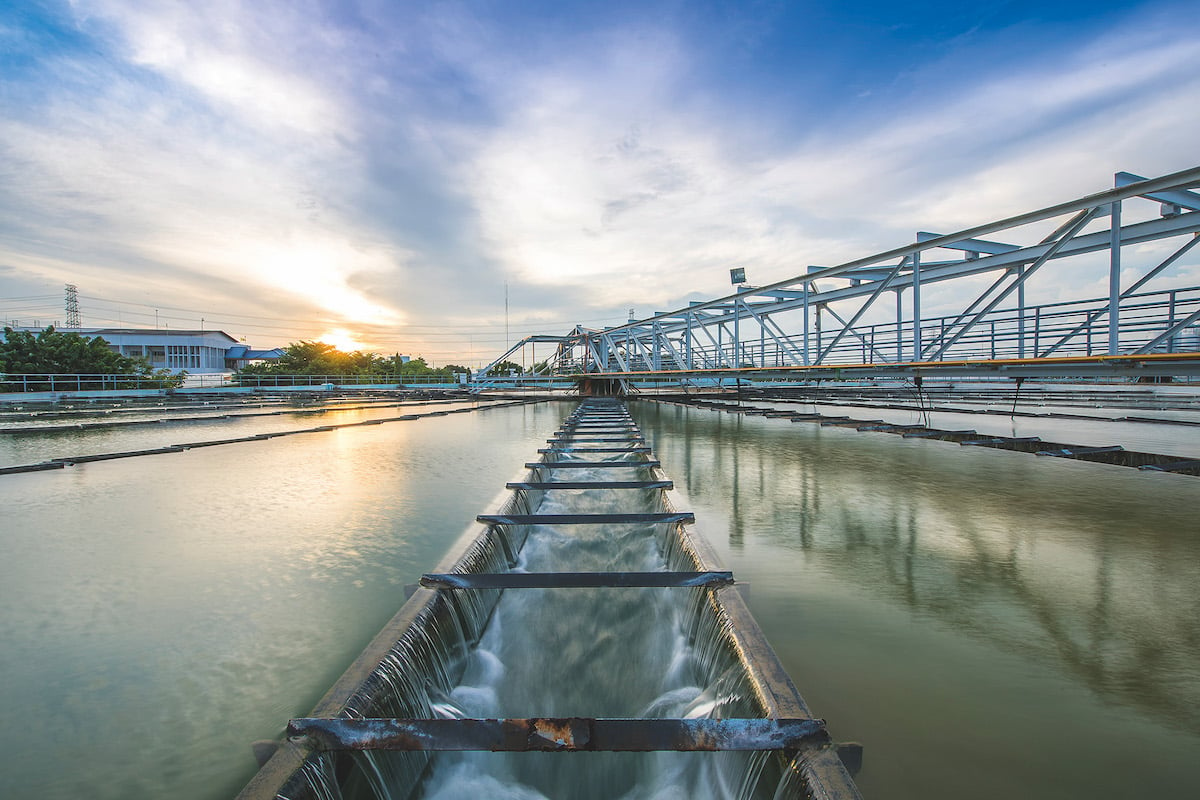Earth’s population continues to blossom, with 2018 seeing seven and a half billion humans spread out across the globe. There are few countries not experiencing population growth at present, and Malaysia is no exception, having gone from six million citizens in 1950 to more than 30 million today.
Thanks to its competitive economy, Malaysia has an ever-greater ability to afford the infrastructure necessary for supporting quality of life.
One such infrastructure system is sewerage, which is vital in treating wastewater before it returns to the nation’s waterways. Within peninsular Malaysia, and with the exception of a few local councils in Johor Bahru District, there are tens of thousands of kilometres of sewerage pipeline and some thousands of treatment plants.

As this system expands to accommodate a steadily developing country, it’s managed by the government-owned sewerage company, Indah Water Konsortium (IWK).
Founded in 1994, the Konsortium was transferred to government ownership in 2000, through Minister of Finance (Incorporated). Since then, it has enacted a strategy to develop an increasingly effective sewerage system, while also educating Malaysians about the importance of its work.
The need for an efficient system is clear, given that the population is growing at an annual rate of around 1.4%. To adjust to this development, IWK implemented a Sewerage Development Plan to improve infrastructure, and advise in the efficient distribution of capital towards projects.
The plan’s targets go up until 2035, with an ambition of serving up to 80% of the population.
IWK is welcoming the assistance of foreign investors to drive other projects along further. The Japan Bank for International Cooperation has invested in projects that cover 13 urban areas and the provision of three new sludge treatment facilities. These began in 2004, and the Konsortium’s coverage has gone from around half before 2000 to more than 70% since.
As the company contributes to a future of comprehensive infrastructure across Malaysia, it’s taking a measured approach to development. One project in Kepong was delayed for fear of careless construction causing sinkholes or settlement. In a residential area, avoiding these kinds of issues is essential.
Nevertheless, IWK is working to complete it as quickly as possible, without sacrificing the safety of the neighbourhood. Of course, the creation of new infrastructure is only half the battle.
To keep up with the growing demand for functional civic infrastructure, IWK is working towards rapid customer response times. The company is on call 24/7, so it can address service emergencies the moment they arise.
When it comes to overflowing manholes, for example, almost 100 per cent of all cases are resolved within a 24-hour period. Missing manholes are replaced within 12 hours – with specialised hinges and locks to reduce theft rates.
Pipeline blockages are also dealt with as quickly as possible, and the Konsortium offers to replace broken pipes in public areas. This is part of an effort to be easily contactable and to achieve full accountability, an essential quality for a service so essential to public life.

To further improve customers’ ability to access services, IWK has also begun to enact digitisation and streamlining services. For example, customers in Johor Bahru will receive a single water services bill in 2019, for both the Konsortium’s services and those of SAJ, the water service company.
It’s part of the effort to create a streamlined process for customers, while working towards an integrated water system across Malaysia.
Outside of Johor Bahru, the Konsortium has implemented similar initiatives to make billing easier.
In keeping up with the times, the company is adopting online payment to encourage on-time bill payment; along with rising operational costs, low charges and large outstanding bills are having a greater impact on the Konsortium.
Another example – this one somewhat more fun – is a recent contest in which one lucky customer was awarded a car for paying their bills on time.
As it works towards a sewerage system capable of handling Malaysia’s growth, IWK continues to champion the importance of such a process. Its educational programs have reached thousands of students in many communities and have helped to communicate the importance of efficient, modern sewerage systems.
With this message ingrained in the minds of young people across Malaysia, the developing country is destined for civic infrastructure capable of accommodating an ever-greater population.



